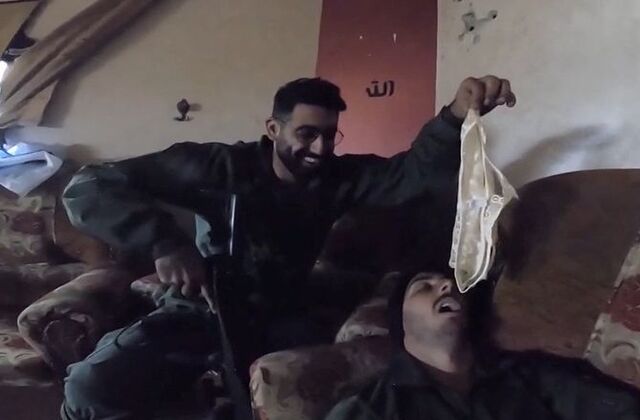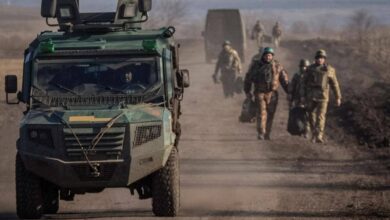
Israeli soldiers have found themselves embroiled in a heated controversy after their online posts surfaced, showing them playfully interacting with women’s underwear allegedly taken from Gaza. The images, widely shared on social media, have ignited outrage and raised concerns about ethical conduct and the treatment of civilians in conflict zones.
The posts, which have since been widely condemned, depict soldiers posing with lingerie and even engaging in provocative gestures. The pictures, accompanied by inappropriate captions and comments, have drawn sharp criticism from various quarters, questioning the behaviour and professionalism of those involved. Rights organizations and activists have called for an immediate investigation into the matter, demanding accountability and a thorough examination of the soldiers’ actions. The incident has reignited discussions surrounding the moral responsibilities of armed forces and the need for proper training and oversight.
Concerns have also been raised about the impact of such incidents on the perception of the Israeli military and its relationship with civilians, particularly in conflict-affected areas like Gaza. The images have fueled existing tensions, further straining the already complex dynamics between different communities.
The Israeli Defense Forces (IDF) has issued a statement expressing deep concern over the incident and promising a comprehensive inquiry. They have emphasized that such behaviour does not align with the IDF’s code of conduct, which promotes respect and professionalism. Efforts are underway to identify the soldiers involved and take appropriate disciplinary action.
The incident underscores the challenges faced by the armed forces in maintaining discipline and upholding ethical standards in the age of social media. It highlights the need for continuous training and awareness programs to ensure that military personnel understand the consequences of their actions and the potential impact on public perception.
As the investigation progresses, the incident serves as a reminder of the importance of accountability and the need to address misconduct swiftly and transparently. It also reignites conversations about the broader issue of respecting human dignity and upholding the principles of international humanitarian law, even amid conflict.
The fallout from these online posts represents a critical moment for reflection and introspection, both within the Israeli military and in the broader discourse on the conduct of armed forces worldwide. The incident is a stark reminder of the enduring significance of responsible and ethical behaviour, particularly in sensitive and conflict-ridden situations.



